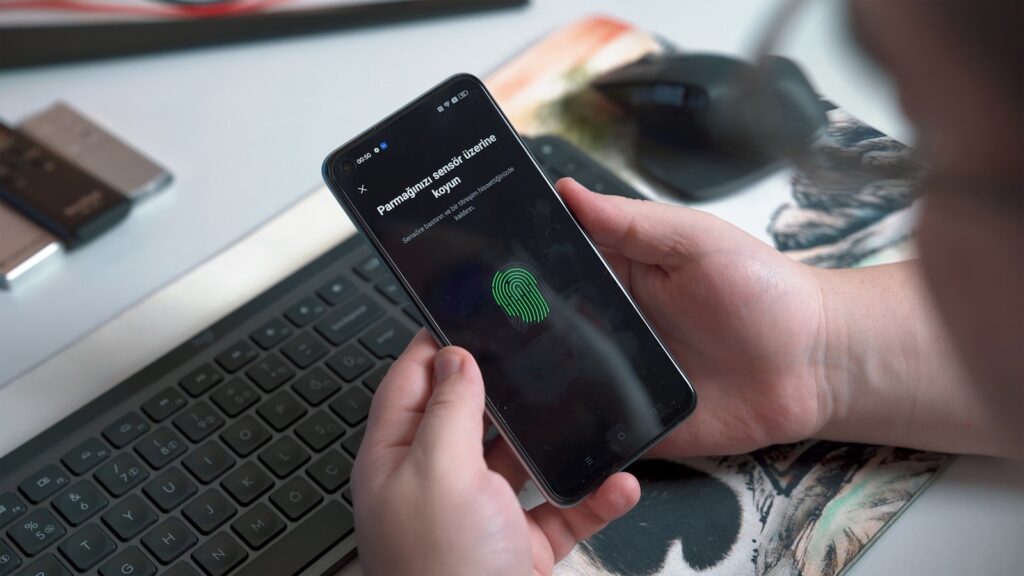
Generational gaps are pretty normal, but sometimes they feel much wider than they should. Boomers and Gen Z see the world very differently. From technology to social habits, these differences can cause a lot of confusion, miscommunication, or even frustration. Here are 15 things Boomers often don’t get about Gen Z.
They Grew Up Online

Gen Z has never known a world without the internet. Social media, smartphones, and streaming have been constant friends since childhood. Boomers struggle to understand how natural it feels to communicate, learn, or entertain themselves online. To Gen Z, online life is as real as offline life, and ignoring it feels like missing a huge part of their world.
Attention Spans Are Different

Gen Z grew up with constant notifications, short videos, and fast-moving content. Boomers may see them as distracted or impatient, but it’s just a different way of processing information. They can multitask in ways that older generations find hard to follow. What seems like inattention is actually a skill adapted to a very fast-paced digital environment.
They Value Experiences Over Possessions

While Boomers focus on buying things, Gen Z tends to prioritize experiences. Concerts or shared adventures are much more important than owning the trending cool gadgets or a car. This doesn’t mean they don’t appreciate comfort, but the meaning they find in experiences can be very hard for older generations to completely grasp.
Mental Health Is a Priority

Gen Z talks openly about anxiety, depression, and therapy in ways Boomers didn’t growing up (because it was taboo back then). They prioritize mental wellness and expect workplaces and friends to respect it. This can feel unfamiliar to older generations who were taught to “tough it out.” For Gen Z, caring for mental health is as normal as caring for physical health.
Social Justice Matters a Lot

Gen Z is very vocal about equality, climate change, and social issues. Boomers sometimes see this as activism or over-sensitivity, but for Gen Z it’s a core value. They expect brands, companies, and communities to align with these principles. Ignoring these issues feels very wrong to them, and they often judge people or organizations based on these values.
They Communicate Differently

Texting, memes, emojis, and short-form videos are normal for Gen Z, but Boomers may see them as lazy or unclear. Communication for Gen Z is visual, quick, and expressive, and it works for their world. They often value speed and creativity over formality, which can feel confusing to older generations who grew up with letters and face-to-face talks.
Financial Challenges Are Real

Boomers may underestimate how tough it is for Gen Z to handle finances. Student loans, rent, and the cost of living make independence harder. Many are very careful with money, sometimes more than it seems. While Boomers might think Gen Z is spoiled or lazy, they’re often just navigating a much different and harder economic landscape.
They Care About Sustainability

Gen Z grew up hearing about climate change and environmental impact. They know what we do today will impact our future so sustainability affects how they shop, eat, and vote. Boomers may see this as very extreme or unnecessary, but it’s a real priority for Gen Zers. Choosing eco-friendly products and lifestyles feels like a responsibility rather than a trend. They take these choices seriously, much more than older generations sometimes understand.
Work-Life Balance Is Crucial

Gen Z will never sacrifice their well-being for a job. They value flexibility, remote work, and meaningful tasks over long hours and traditional office culture. On the flip side, Boomers see this as laziness or lack of ambition, but it’s about avoiding burnout and finding some stability. Work is important for all of us, but not at the expense of our health or enjoyment.
They’re More Diverse

Gen Z is the most ethnically, culturally, and socially diverse generation yet. Boomers sometimes struggle a lot to understand this mix or the importance of inclusivity. Gen Z expects representation in media, workplaces, and leadership, and they push for equity in ways older generations didn’t. Diversity isn’t just tolerated—it’s celebrated and expected.
They Challenge Tradition

Gen Z questions rules, institutions, and norms in ways Boomers may find uncomfortable. They want fairness and relevance rather than following outdated customs, whether it’s about relationships or work. This questioning isn’t rebellion for the sake of it—it’s a search for authenticity. They value systems that make sense today, not just because that’s how it’s always been done.
Digital Privacy Is Important

Gen Z grew up with everything online, so they’re very aware of digital privacy. They take steps to protect themselves on social media and apps. Boomers may see oversharing or constant tech use as careless, but Gen Z is often thoughtful about what they reveal and to whom. Privacy feels much more important in a world where data is everywhere.
They Learn Differently

Gen Z prefers visual, interactive, and bite-sized learning. Long lectures or thick textbooks aren’t always effective for them. Boomers may see this as a lack of focus or discipline, but it’s really about adapting to the digital age. Learning for Gen Z happens on screens, through videos, podcasts, and quick resources, which works very well for their generation.
They Value Authenticity

Gen Z can spot fake or performative behavior very easily. They prefer real conversations, honest marketing, and genuine actions. Boomers may think they’re cynical, but it’s really about wanting truth and clarity. Authenticity matters in friendships, relationships, and brands. They respond much more to honesty than to polished appearances or empty promises.
They’re Constantly Connected

Gen Z stays in touch with friends and trends at all times. Boomers sometimes see this as obsessive or unhealthy, but that’s how Gen Zers maintain social bonds. Being connected feels pretty normal and important. Gen Z uses technology (unlike older generations) to keep relationships alive and feel part of a community much more than ever before.

